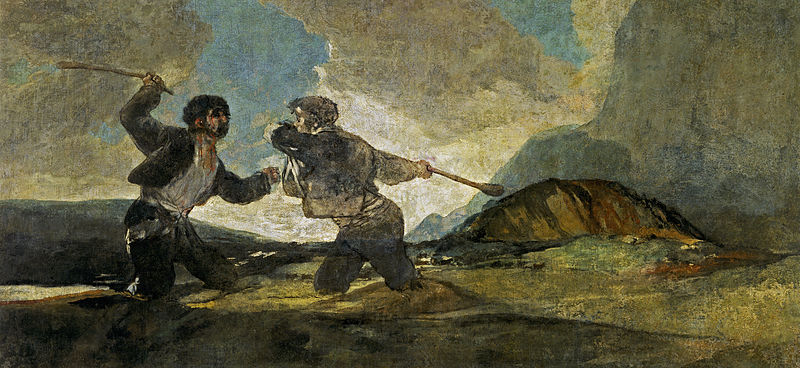Two poets from our January 2014 issue interview one another. In this, the second, Katie Rice (Paris in October) is interviewed by Jack Troy (The Wind in the Jug):
Jack Troy: Were you exposed to poems in school in a way that gave them importance to you? Did you have any teachers whose enjoyment of poetry impressed you?
Katie Rice: I just graduated from Colgate University in May, so up until now most of my education in poetry has been driven by classes and professors. It’s worked as a catalyst, a jumping point for me to explore further. There’s nothing more inspiring to me than an inspired person and I’ve had a handful of professors whose joy in the work they’re teaching forces you to pay attention to the work.
I had a two high school teachers who opened my eyes to literature. One was an English teacher who taught me all of the bones of clear writing. He exposed us to the classics and demanded we think about them. Those classes were invaluable. I also had a Creative Writing professor who was the exact opposite. He was more prone to whim and inspiration and he let me do the things that I wanted to do. That balance—at age fifteen and sixteen—was really important. I’m not sure that without them I would be where I am. One of the first poems that really spoke to me was “The Love Song of J. Alfred Prufrock.” We read it in high school English. Not original, I know, but it was powerful.
JT: What was the impetus for you to write your first poems?
KR: It always seemed natural, something I needed to do rather than was asked to do. When I was ten years old or so I would swap stories with a good friend of mine—I still have copies of the copies we would swap on the bus ride home. So, that was when I really began. And poetry grew out of that. I think poetry started to grow over the story writing when I felt there were things I needed to express that I couldn’t do in a story. For me, poetry has always been an easier place to work through emotion.

JT: How do you judge the success of your own poems?
KR: This is a tough one. It’s hard not to judge the success of a poem by what the outside world thinks of it, but I’m trying to let go of that notion a little bit. I have poems that I think are wildly successful in an emotional way for me, but I’ve presented them in workshops and had them ripped apart. I think there can be two types of success for a poem. One is solely for the writer. I think: have I pushed myself? have I represented something true on the page? have I edited out the superfluous? does it make me feel something? If I have done those things, it is a success. The second is for the outside world. I think the questions to ask are similar to those that I ask myself. Is it compelling to an audience? Are they struck by the new ideas or forms? Does it ring true to people outside of myself?
JT: Is there a poem that impresses you by doing its work especially effectively?
KR: I immediately thought of “Sharks’ Teeth” by Kay Ryan. It’s short enough to be quoted here:
Everything contains some
silence. Noise gets
its zest from the
small shark’s-tooth
shaped fragments
of rest angled
in it. An hour
of city holds maybe
a minute of these
remnants of a time
when silence reigned,
compact and dangerous
as a shark. Sometimes
a bit of a tail
or fin can still
be sensed in parks.
Kay Ryan is a poet who has cut out the extra. She introduces the concept, explains the silence, and draws something interesting from it all in 56 words. She’s a genius of concision.
JT: Does memorizing poems have any merit for you?
KR: I think memorizing a poem is the way to really know it. The poems I like best end up getting memorized by “accident” anyway, they ingrain themselves in my head because of how often I read them or think of them. I like the idea of filling my head with pretty things like poems—they are something to think of when you’re waiting for the subway or sitting in the doctor’s office. It’s also a way into a poem. Memorize a poem that doesn’t make sense and you might be able to worm your way into the language. Memorization makes a poem a part of you. I think it’s a wonderful practice.
Katie Rice earned her BA in English: Creative Writing from Colgate University. She now works at Penguin Random House and lives in Brooklyn, NY. Her poems have appeared in Black Bottom Review.
Jack Troy is a potter, teacher and writer who lives and works in Huntingdon, PA. He has taught over 200 workshops for potters and his work in clay has taken him to 24 countries. His poems have appeared in West Branch, Pivot, Friends Journal, Kestrel, The Studio Potter, and Common Ground. His collection of poems, Calling the Planet Home, was self-published in 2003. His website is jacktroy.net


Pingback: Paris in October | Rkvry Quarterly Literary Journal